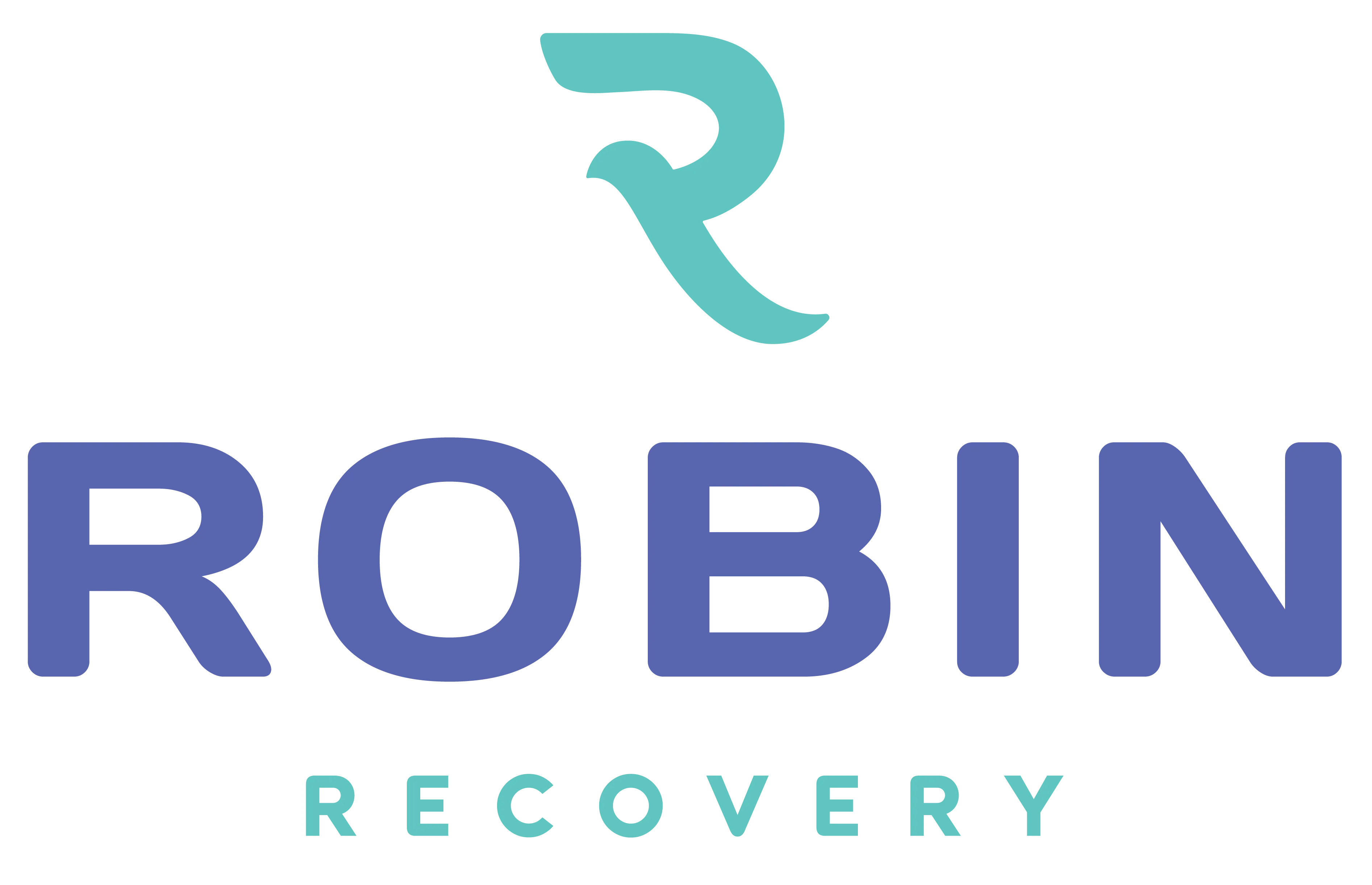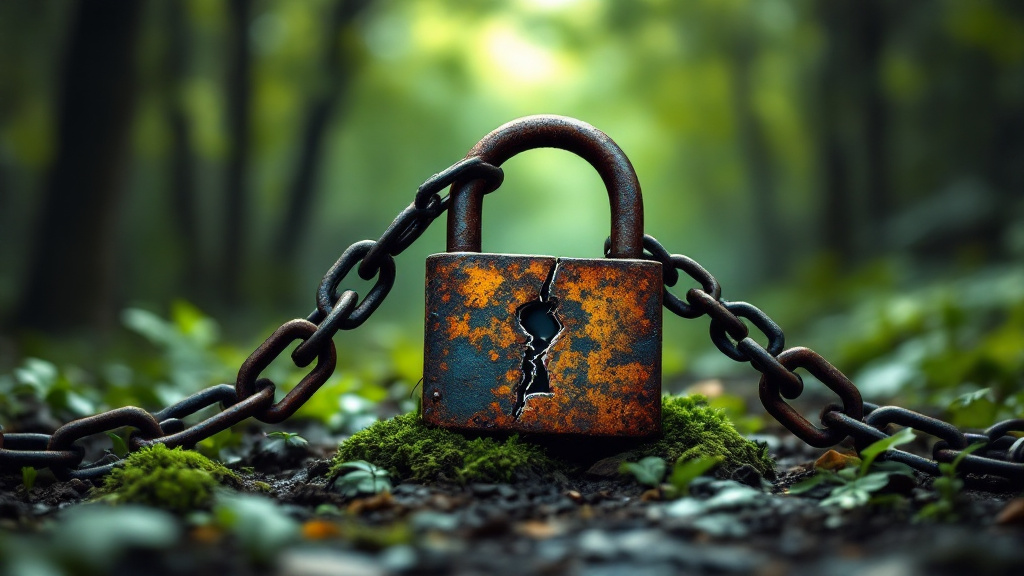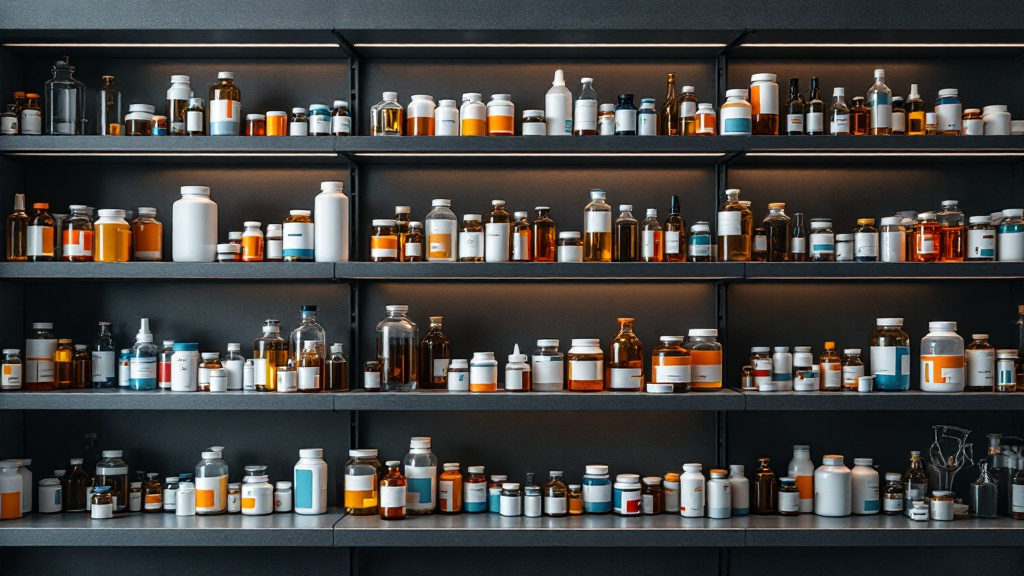Understanding Psychosis
Definition of Psychosis
Psychosis is defined as a mental health condition characterized by a disconnection from reality. Individuals experiencing psychosis may face delusions, hallucinations, or disorganized thinking. Contrary to common misconceptions, psychosis is primarily a short-term (acute) condition. With appropriate treatment, many individuals can achieve a full recovery, and it is not necessarily a lifelong disorder.
Psychosis can manifest in various forms, and its symptoms can range from mild to severe. Understanding this condition is critical for addressing the question, does psychosis ever go away for good?. While the symptoms can be managed and often resolved, the nature and origin of psychosis can influence the overall recovery trajectory.
Factors Contributing to Psychosis
Several factors can contribute to the development of psychosis. These factors include mental health conditions, substance use, and even certain medical conditions. The following table summarizes the major contributors:
| Contributing Factor | Description |
|---|---|
| Mental Health Conditions | Conditions like schizophrenia, bipolar disorder, and severe depression can lead to psychotic episodes. |
| Substance Use | Alcohol or drug misuse, including drugs like crack cocaine or marijuana, can trigger episodes of psychosis [3]. |
| Medical Conditions | Brain injuries, neurological disorders, or severe illnesses can also lead to psychotic symptoms [4]. |
| Lifestyle Factors | Stressful life events, lack of sleep, and other lifestyle choices can significantly impact mental health and may trigger psychosis. |
| Genetic Risk Factors | Individuals with a family history of mental health issues may be more vulnerable to developing psychosis. |
Psychosis can develop rapidly or gradually, depending on the underlying circumstances. Understanding these factors is essential for recognizing the potential to treat and recover from psychosis. For more insights on how substance use can lead to mental illness, visit our article on how substance use can lead to mental illness. Addressing these contributing factors can provide insight into the better management and treatment of psychosis.
Treatment of Psychosis
Effective treatment for psychosis is crucial in helping individuals regain their mental health and improve their overall quality of life. The treatment typically involves a combination of medication, therapy, and rehabilitation services tailored to the needs of the individual.
Medication for Psychosis
Antipsychotic medications are generally considered the gold standard treatment for psychotic episodes and disorders. These medications have shown to be most effective in addressing the positive symptoms of psychosis, including hallucinations, delusions, disorganized thoughts, and behavior [5]. There are two main types of antipsychotic medications: typical antipsychotics and atypical antipsychotics.
| Type of Antipsychotic | Examples | Common Side Effects |
|---|---|---|
| Typical | Haloperidol, Chlorpromazine | Drowsiness, Weight gain, Extrapyramidal symptoms |
| Atypical | Risperidone, Olanzapine, Quetiapine | Weight gain, Sedation, Metabolic issues |
It is important for mental health professionals to consider various aspects of an individual's life before starting treatment, including environmental and cultural factors [Mind].
Therapy for Psychosis
Therapy plays a vital role in the treatment of psychosis. Talking therapies, such as cognitive behavioral therapy (CBT), can help individuals understand and manage their symptoms. Therapy aims to provide coping strategies, improve problem-solving skills, and assist in rebuilding social connections. Early intervention services, as recommended by the National Institute for Health and Care Excellence (NICE), can be beneficial during initial experiences of psychosis and are designed for all age groups [Mind].
Rehabilitation Services
Rehabilitation services are essential for individuals recovering from psychosis, as they help reintegrate them into their communities and improve their overall functioning. These services may include vocational training, social skills development, and support with daily living activities. Social support is a significant aspect of recovery, emphasizing the connection between individuals and their community [NIMH].
Combining medication, therapy, and rehabilitation services can significantly improve recovery outcomes for individuals experiencing psychosis. It's crucial for individuals and their families to be aware of available options to help answer the question, "does psychosis ever go away for good?". With the right support and treatment, many individuals can manage their symptoms and lead fulfilling lives.
Recovery from Psychosis
Understanding recovery from psychosis encompasses recovery expectations, coping mechanisms, and support systems, which play vital roles in an individual's journey.
Recovery Expectations
Recovery from psychosis can vary greatly from person to person. For many individuals, there is no quick fix, but with the right support, managing symptoms and achieving a meaningful recovery is possible. The experience of psychosis may not completely go away, and individuals may continue to experience symptoms during and after treatment. Treatment can equip individuals with coping mechanisms to lessen distress and prevent interference in daily life.
| Recovery Element | Description |
|---|---|
| Duration | The recovery timeline varies; some may take months, while others may require years. |
| Symptoms | Individuals may still experience symptoms; management focuses on minimizing impact. |
| Treatment Goals | Goals generally include enhancing daily function and emotional well-being. |
Coping Mechanisms
Developing effective coping mechanisms is essential for managing the symptoms of psychosis. Treatment often includes learning techniques that can assist individuals in navigating their experiences. Common coping strategies may include mindfulness practices, grounding techniques, and stress management strategies.
| Coping Mechanism | Description |
|---|---|
| Mindfulness | Techniques to focus on the present moment help reduce anxiety related to symptoms. |
| Grounding Techniques | Methods that bring attention to the immediate environment help lessen overwhelming emotions. |
| Stress Management | Activities such as breathing exercises and yoga can aid in reducing stress levels. |
Support Systems
Support systems are critical for individuals recovering from psychosis, providing a network of care. Community care services play a key role in this aspect, aiming to assist individuals in managing both physical and mental health needs within the community. Support can include crisis intervention, early intervention teams, and assistance during hospital stays. Family and friends can also be valuable, offering emotional support and understanding.
| Support System | Description |
|---|---|
| Community Services | Offer resources for mental health and physical health management. |
| Crisis Teams | Provide immediate support during acute episodes of distress. |
| Family Support | Involves families in the recovery process, enhancing understanding and compassion. |
Establishing a solid recovery plan that includes coping strategies and a robust support system can significantly influence the outcomes for individuals recovering from psychosis. Finding effective pathways and treatment options becomes essential in addressing the question, "does psychosis ever go away for good?"
Causes and Triggers
Understanding the causes and triggers of psychosis is essential in addressing its long-term effects. Several factors contribute to the onset of psychosis, including mental health conditions, substance use, and neurological factors.
Mental Health Causes
Mental health disorders play a significant role in the development of psychosis. Conditions such as schizophrenia, bipolar disorder, and severe depression can lead to psychotic episodes. Underlying psychological issues can influence the type of episode experienced; for instance, individuals with bipolar disorder may exhibit grandiose delusions, while those with depression may experience persecutory delusions.
The table below summarizes common mental health conditions associated with psychosis:
| Mental Health Condition | Type of Psychotic Episode |
|---|---|
| Schizophrenia | Hallucinations and delusions |
| Bipolar Disorder | Grandiose delusions |
| Severe Depression | Persecutory delusions |
Substance-Related Triggers
Substance use can be a significant trigger for psychosis. Alcohol and various drugs can induce psychotic episodes, particularly following abrupt cessation after extended use or from excessive consumption. Notable substances known to trigger psychotic episodes include cannabis, amphetamines, LSD, and cocaine [7].
It is important to note that psychosis can also arise as a side effect of certain medications or from drug overdoses. Individuals experiencing psychotic side effects are advised to consult with a healthcare professional rather than discontinuing medication without guidance [7].
| Substance | Potential Psychotic Effects |
|---|---|
| Cannabis | Altered perception and paranoia |
| Amphetamines | Euphoria followed by hallucinations |
| LSD | Intense visual and auditory hallucinations |
| Cocaine | Increased agitation and paranoia |
Neurological Factors
Neurological factors are also crucial in understanding psychosis. Research suggests that increased activity of dopamine, a key neurotransmitter in the brain, is linked to psychotic symptoms. Specifically, excess dopamine in the mesolimbic tract is believed to contribute to the positive symptoms of psychotic disorders. Additionally, glutamate, another neurotransmitter, has been implicated in psychosis, with studies indicating decreased function of the N-methyl-D-aspartate (NMDA) glutamate receptor.
The following table summarizes the neurotransmitters involved in psychosis:
| Neurotransmitter | Role in Psychosis |
|---|---|
| Dopamine | Elevated levels linked to positive symptoms |
| Glutamate | Decreased function associated with psychotic episodes |
Understanding these causes and triggers is vital when discussing whether psychosis ever goes away for good, as they highlight the complexities involved in treatment and recovery. For more insights on how substance use can lead to mental illness, check our article on how substance use can lead to mental illness.
Early Intervention and Prognosis
Understanding the importance of early intervention in managing psychosis can significantly affect recovery outcomes. By addressing symptoms as soon as they arise, individuals may experience improved long-term prognoses.
Importance of Early Intervention
Early intervention in psychosis plays a critical role in enhancing recovery. Studies indicate that individuals often endure psychotic symptoms for over a year before seeking treatment, underscoring the need for timely care [2]. The longer the duration of untreated psychosis (DUP), the greater the negative impact on the individual's recovery. It has been shown that early treatment can lead to more favorable clinical outcomes and reduce the risk of future episodes.
| Intervention Timing | Expected Outcome |
|---|---|
| Early Intervention (< 4 weeks DUP) | Higher chance of remission, better functioning |
| Delayed Intervention (> 4 weeks DUP) | Increased symptoms severity, impaired functioning |
Duration of Untreated Psychosis
The duration of untreated psychosis (DUP) is the time between the onset of psychotic symptoms and the beginning of treatment. Longer DUP is linked to worse outcomes, including intensified positive and negative symptoms, a lower likelihood of symptom remission, and decreased overall functioning [8]. A DUP of four weeks has been shown to predict over 20% more severe symptoms at follow-up compared to just one week of untreated symptoms.
| Duration of Untreated Psychosis | Symptoms Severity at Follow-up |
|---|---|
| 1 Week | Baseline Severity |
| 4 Weeks | 20% Increased Severity |
Impact on Long-Term Outcomes
The critical window hypothesis indicates that the most harmful effects of psychosis on long-term outcomes occur within the first two years following the onset of symptoms. Delays in treatment during this period are significantly associated with poorer clinical outcomes [5]. Evidence suggests that reducing the duration of untreated psychosis not only minimizes immediate symptoms but also contributes positively to long-term prognosis and recovery quality.
Understanding these factors can help clarify the question, "does psychosis ever go away for good?," as timely treatment and management may lead to significant improvements in symptom resolution and overall mental health.
Managing Psychosis in the Community
Managing psychosis involves a comprehensive approach that includes community care services, crisis intervention, and support from families. Understanding these elements can help individuals facing psychosis lead fulfilling lives.
Community Care Services
Community care services play a crucial role in helping individuals manage both physical and mental health issues while remaining in their communities. These services include crisis resources, early intervention teams, and support during hospital admissions when necessary. These resources can provide vital assistance that reduces the need for long-term hospitalization.
| Type of Service | Description |
|---|---|
| Crisis Services | Immediate support during severe episodes. |
| Early Intervention | Proactive support for those showing early signs of psychosis. |
| Support During Admissions | Assistance for smoother transitions during hospital stays. |
These services help people understand their condition better and navigate their recovery journey. Accessibility to these resources can significantly impact the question of does psychosis ever go away for good?.
Crisis Intervention
In cases of acute psychotic episodes, crisis intervention is critical. Individuals may be detained in hospitals under the Mental Health Act if they pose a danger to themselves or others. Mental health professionals will explain any needed treatments, working to obtain consent wherever possible. However, in certain scenarios related to mental health, treatment may be administered without consent [9].
Having a structured crisis intervention system can alleviate the risks associated with severe psychosis:
| Intervention Method | Population Utilization |
|---|---|
| Hospital Detention | For individuals posing immediate risks. |
| Emergency Teams | Specialized teams respond to crises in the community. |
Family Support
Family support is essential in managing psychosis. Having a supportive network can provide emotional stability and practical assistance, improving recovery outcomes. Families can help by:
- Educating themselves about psychosis.
- Encouraging treatment adherence and attendance at therapy sessions.
- Understanding potential side effects of medications, which can be reported through tools like the Yellow Card Scheme.
Accessible family resources can improve the overall experience for individuals with psychosis. Both direct and indirect family involvement can create a safe environment for healing.
Managing psychosis in the community requires an integrated system that includes community resources, crisis management, and family support networks. Engaging these components not only aids those with psychosis but also addresses broader addiction and mental health landscapes. For more on how substance use can lead to mental illness, consider reading our article on how substance use can lead to mental illness.

.svg)

.svg)

.svg)
.svg)






































































































